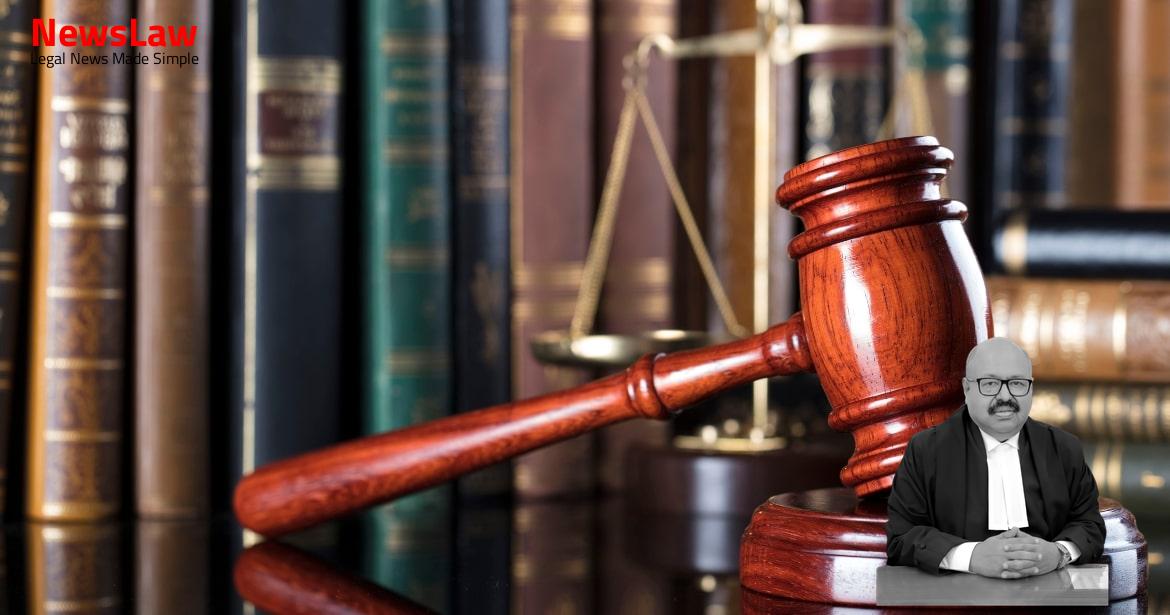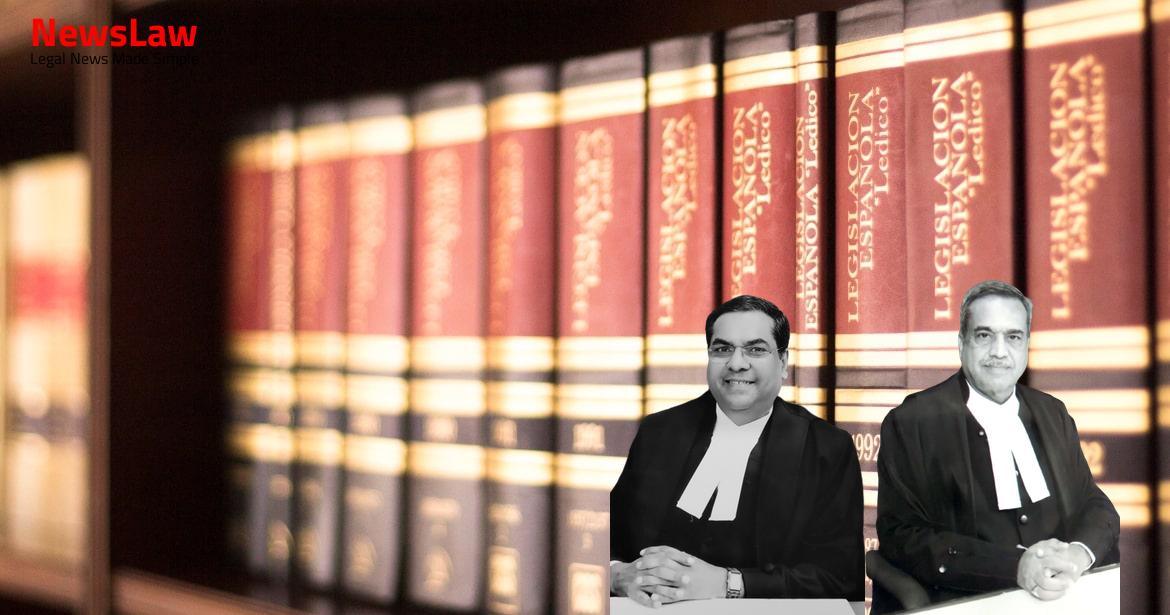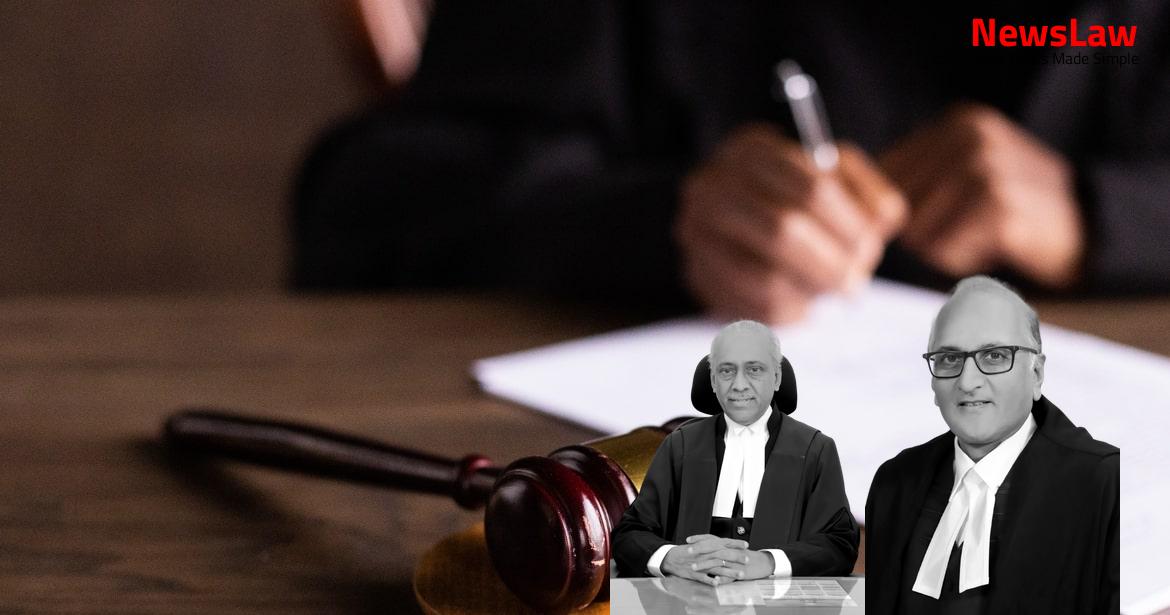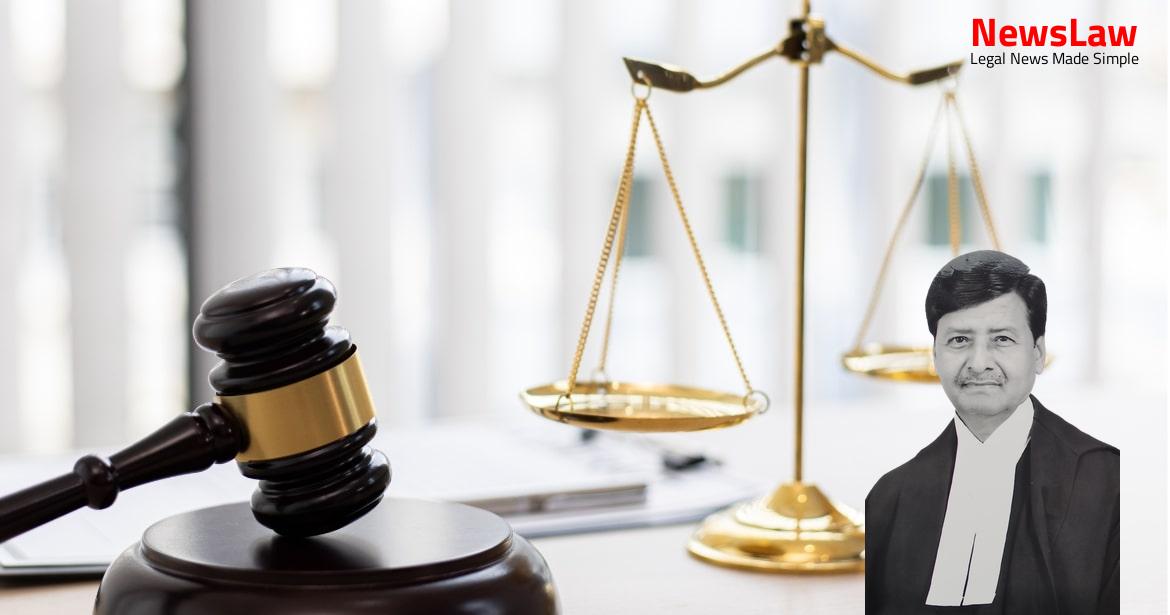Explore the court’s meticulous examination of the delicate balance between legislative privileges and fundamental rights in a recent case. The analysis delves into the complexities of upholding parliamentary privileges while safeguarding individual rights, shedding light on the legal intricacies at play. Stay tuned for a comprehensive overview of this significant legal scrutiny.
Facts
- The Delhi Legislative Assembly’s committee on ‘Peace and Harmony’ is investigating complaints of collusion between Facebook and vested interests during the Delhi riots in February, 2020.
- Complaints allege intentional omission and deliberate inaction by Facebook in applying hate speech rules, leading to disruptions of peace and harmony in Delhi.
- The committee aims to establish a conducive environment of concordance and peace among different communities in Delhi.
- Chairman of the committee suggested treating Facebook as a co-accused and conducting an independent investigation into its role in the riots.
- Some complainants have referenced a news report by The Wall Street Journal highlighting Facebook’s hate-speech rules conflicting with Indian politics.
- Facebook’s Director of Trust and Safety emphasized the platform’s internal policies for user safety and security in response to the allegations.
- The Committee Chairman held a press conference summarizing complaints received during hearings conducted between 25.08.2020 and 31.08.2020.
Also Read: Supreme Court Judgment on Single Till Mechanism for HRAB Calculation: A Comprehensive Analysis
Arguments
- Dr. Dhavan’s submission about the Committee’s threat being ‘toothless’ should be dealt with separately.
- The Terms of Reference should be carefully framed to avoid including anything deemed ‘otiose’ by the counsel.
- The interim arrangement continued as pleadings were completed.
- Mr. Salve relied on the respondents’ reply to counter the argument of mere apprehensions.
- The issue of interplay between fundamental rights and parliamentary privileges was already pending before a 7-Judge Bench.
- Respondent Nos. 5 and 6 (Lok Sabha and Rajya Sabha) were served as there was a perception of interplay of powers between the Delhi Secretariat and the Central Government.
Analysis
- The Committee’s functions include recommending action against individuals inciting violence and submitting reports to the House.
- The Committee may also examine other matters related to its objectives or referred to it by the House or Speaker.
- The Legislative Assembly of the National Capital Territory has the power to make laws on certain matters, subject to constitutional provisions.
- Members of the Legislative Assembly have freedom of speech and immunity from legal proceedings for their speech or votes.
- The powers, privileges, and immunities of the Legislative Assembly members are similar to those of the House of the People.
- The Speaker can reconstitute the Committee at the end of its term.
- Encouragement of cooperative federalism between Central and State Governments.
- President of India’s power to make a reference to the Court under Art. 143(1) exercised to resolve confrontation.
- Judiciary’s role in scrutinizing the actions of legislatures trespassing on citizens’ fundamental rights.
- Differentiation between exercise of legislative privileges and ordinary legislative functions.
- Instances of conflict between legislature and judiciary highlighted for resolution.
- Importance of mature statesmanship in shared responsibilities between Union and State Governments.
- Consideration of principles and precedents from British House of Commons in interpreting legislative privileges.
- Distinction in roles played by Parliament and Legislative Assembly in exercising legislative power versus judicial functions.
- Collaborative federalism emphasized for achieving common objectives.
Also Read: Selection and Appointment of Judicial Officers in Himachal Pradesh
Decision
- Due to the COVID-19 pandemic, only 5 representatives are allowed to attend the sitting on 2 September, 2020
- The writ petition is dismissed with the above condition
Case Title: AJIT MOHAN Vs. LEGISLATIVE ASSEMBLY, NATIONAL CAPITAL TERRITORY OF DELHI (2021 INSC 324)
Case Number: W.P.(C) No.-001088 / 2020



